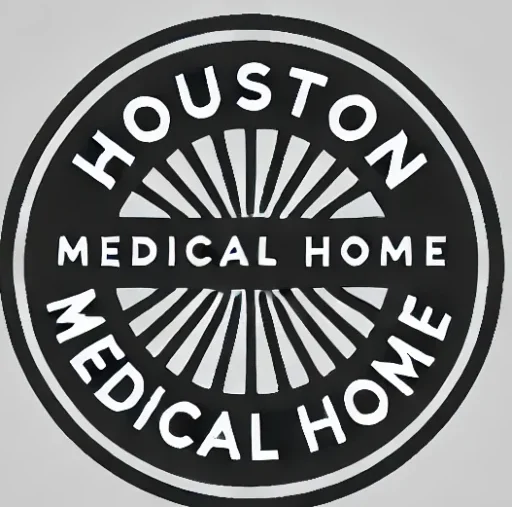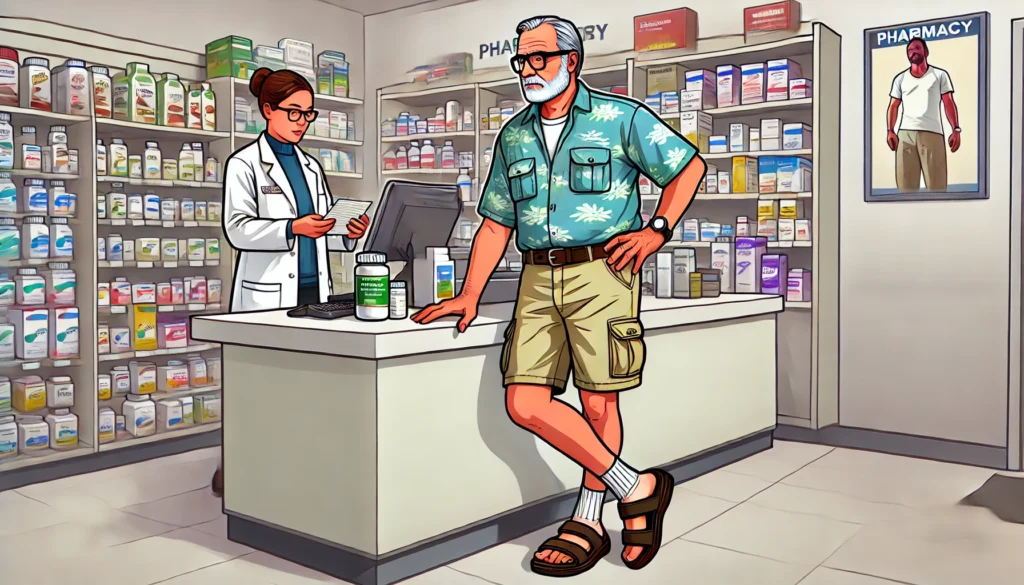Should You Use Prescription Insurance or GoodRx?
When it comes to paying for prescriptions, choosing between insurance coverage and discount programs like GoodRx can make a big difference in your overall costs. Some people benefit from using their insurance to work toward their deductible and out-of-pocket maximum, while others save more by skipping insurance altogether and using GoodRx or similar discount programs.
The best option depends on factors like how many medications you take, whether they are generic or brand-name, and how close you are to reaching your deductible or Medicare’s $2,000 out-of-pocket cap. Below, we break down different patient archetypes to help you quickly determine which option might save you the most money.
Choosing Prescription Coverage vs Good Rx (different scenarios)
| Patient Archetype | Best Option: Prescription Insurance | Best Option: GoodRx (or Similar Discount Program) | Why? |
|---|---|---|---|
| “The Chronic Condition Patient” (Takes multiple medications, including Tier 3-4 or specialty drugs) | ✅ Yes | ❌ No | Insurance helps cover expensive medications and moves them toward the $2,000 out-of-pocket max for Medicare (2025). |
| “The High-Deductible Plan Holder” (Has a high-deductible health plan and hasn’t met it yet) | ✅ If expensive meds help reach deductible faster | ✅ If GoodRx offers significantly lower prices | If insurance price is high due to unmet deductible, GoodRx may be better for cheaper meds. |
| “The Brand-Name Medication User” (Regularly takes Tier 3-4 brand-name or specialty drugs) | ✅ Yes | ❌ Rarely | Insurance provides better discounts and contributes toward deductible/out-of-pocket max. GoodRx usually isn’t helpful for high-tier meds. |
| “The Low-Cost Generic User” (Only takes Tier 1 & 2 generics) | ❌ Maybe not | ✅ Likely yes | GoodRx often beats insurance copays for generics. Insurance still good if it offers $0 copays. |
| “The Medicare Part D Beneficiary” (Enrolled in Medicare prescription drug coverage) | ✅ Yes | ✅ Sometimes | Using insurance helps reach the catastrophic phase ($2,000 max in 2025), but GoodRx may be better in the “donut hole.” |
| “The Cash-Paying Patient” (No insurance or doesn’t want to use it) | ❌ No | ✅ Yes | GoodRx is the better option without insurance. |
| “The One-Off Medication User” (Rarely takes medication) | ❌ Not needed | ✅ Yes | GoodRx avoids unnecessary insurance costs if meds are occasional. |
| “The Predictability Seeker” (Wants consistent pricing and coverage) | ✅ Yes | ❌ No | Insurance offers structured copays and maximum out-of-pocket limits. |
| “The Short-Term Saver” (Wants to save as much as possible immediately) | ❌ Not always | ✅ Yes | GoodRx is often the cheapest short-term solution, but it won’t help reach insurance caps. |
Other Ways To Compare Prescriptions Vs Discount Program Drug Prices
| Factor | Use Prescription Coverage | Use GoodRx (or Similar Discount Program) |
|---|---|---|
| Which is cheaper? | If your copay or coinsurance is lower than the GoodRx price. | If the GoodRx price is lower than your copay or coinsurance. |
| Helps reach deductible? | Yes, payments go toward your deductible and out-of-pocket max. | No, payments do not count toward your deductible or out-of-pocket max. |
| Helps reach $2,000 out-of-pocket max (Medicare Part D in 2025)? | Yes, using insurance gets you closer, which could lead to free meds for the rest of the year. | No, using GoodRx won’t help you reach the cap. |
| If you take a lot of medications? | More beneficial, especially if you have higher-tier or brand-name meds. | May be useful for select medications if they’re significantly cheaper than your copay. |
| If you only take Tier 1 & 2 drugs (low-cost generics)? | Insurance often covers these with low or $0 copays. | Sometimes GoodRx offers lower prices than your copay, so compare. |
| If you take Tier 3 & 4 drugs (higher-cost brand-name or specialty meds)? | Best option to help reach deductible and out-of-pocket max. | Unlikely to be cheaper unless you find a manufacturer coupon. |
| If you only take generic medications? | Often covered well by insurance, but compare GoodRx prices. | GoodRx and other discount cards can often be cheaper. |
| If you have a high deductible and haven’t met it yet? | If your meds are expensive, using insurance helps you reach the deductible faster. | If the GoodRx price is much lower, it may be worth using until you reach your deductible. |
| If you are in the Medicare Part D “donut hole”? | Insurance discounts may still be better, but compare prices. | GoodRx may sometimes be cheaper during the coverage gap. |
| If you want medication cost predictability? | Insurance provides structured copays and a known max out-of-pocket cost. | Prices can vary, so may not always be the best long-term strategy. |
Key Takeaways of Prescription Coverage vs. Discount Programs:
- If you take multiple or expensive medications: Insurance is usually better.
- If you take mostly low-cost generics: GoodRx often wins.
- If you’re close to meeting your deductible or out-of-pocket max: Use insurance.
- If you have a high deductible and low-cost meds: GoodRx might be cheaper until you reach the deductible.
- If you don’t have insurance: GoodRx is your best bet.
Conclusion
There’s no one-size-fits-all answer when choosing between prescription insurance and GoodRx. If you take multiple or high-cost medications, insurance is usually the better long-term choice. If you mostly use low-cost generics, GoodRx may help you save more. If you’re far from meeting your deductible, GoodRx can be a short-term fix, but if you’re close to your out-of-pocket max, sticking with insurance can lead to free or nearly free prescriptions for the rest of the year.
The key takeaway? Always compare your insurance price with GoodRx before filling a prescription. A quick check can save you hundreds or even thousands of dollars each year.

Hey, I’m Nick Bryant, author of Understanding Healthcare Is Half the Battle and the creator of Houston Case Managers Academy. I’ve worked in the social services field for over 13 years, connecting people with medical homes. If you need help finding a medical home in Houston or health insurance let me know I’m happy to help!

